The statement was read by Salvation Army Lt-Colonel Jim Champ, President of the Canadian Council of Churches, along with Vice-Presidents the Rev. Dr. Das Sydney and the Rev. Susan Eagle, General Secretary Karen Hamilton, and Chair of the Commission on Justice and Peace Joy Kennedy.
“We acknowledge the invitation to be here today. We are honoured,” said Lt-Colonel Champ. “As Christians we base our lives and all our relationships on our experience of reconciliation in and through Jesus Christ to God, one another and all creation (2 Corinthians 5:18). Our faith calls us to love and serve in the same manner that Jesus loved and served, to be messengers and ambassadors of reconciliation. We are called to break down walls that divide and to
welcome all we meet as fellow citizens.”
Members of the delegation read sections of the statement in turn, sometimes adding their own reflections.
Among items placed in the Coast Salish cedar Bentwood Box for the Expressions were a copy of the statement, and a copy Mamoh Be-Mo-Tay-Tah – Let us Walk Together, a resource produced by the CCC. The resource is designed to help Canadians engage with the Truth and Reconciliation Commission on Indian Residential Schools and better understand the legacies of colonization that Aboriginal peoples live with today.
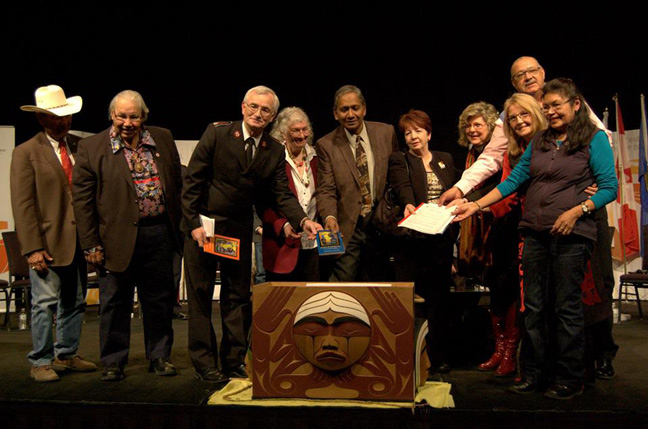 Members of the CCC delegation place a copy of “Let Us Walk Together” in the Bentwood Box
Members of the CCC delegation place a copy of “Let Us Walk Together” in the Bentwood Box
Full text of CCC statement:
To survivors and former students of Residential Schools, our First Nations, Inuit and Métis brothers and sisters and their descendants, wherever they may be:
On behalf of the 25 member denominations of The Canadian Council of Churches who together represent 85 percent of Christians in Canada, as President of The Canadian Council of Churches, I address you in a spirit of humility and repentance, and of promise and hope.
As Christians we base our lives and all our relationships on our experience of reconciliation in and through Jesus Christ to God, one another and all creation (2 Corinthians 5:18). Our faith calls us to love and serve in the same manner that Jesus loved and served, to be messengers and ambassadors of reconciliation. We are called to break down walls that divide and to welcome all we meet as fellow citizens.
In the long history of the relationship of Indigenous Peoples in Canada with other Canadians, it is painfully clear that we, as Christian communities, have often fallen short of living the love and service of Jesus.
When our ancestors in the faith arrived on these shores from their European homelands, they were often welcomed and shown how to survive in a new environment by you, the Indigenous Peoples they met. Gratitude for this welcome was not always reciprocated and, at times, replaced by an attitude of superiority and domination.
Exploitation occurred by those professing the Christian faith, and traditional cultures were often not viewed with the respect they rightly deserve. Even when you adopted the beliefs, practices and ways of the settlers, you were not always welcomed in the heart of our communities or included in partnership arrangements to share in the rich resources of this vast land. Our failures fill us with deep regret.
As Christians, we have been part of communities and governments that brought tremendous pressure to bear on you, and through actions of privilege, prejudice and discrimination sought to assimilate the Indigenous Peoples in this country.
One of the most destructive of these actions was the creation of Indian Residential Schools, a system of assimilation in which a number of the member churches of The Canadian Council of Churches played a prominent role. We know that, despite some well-intentioned and even caring and loving school staff, the system had disastrous effects on students, their families and communities. Through their membership in The Canadian Council of Churches, Christian denominations who were not involved directly in the creation and running of Indian Residential Schools are also represented here today. As willing or unintentional accomplices to the terrible effects that so-called Christian attitudes and policies had on your life and the lives of your peoples, we, too live with the legacy of Indian Residential Schools in Canada.
As Christian communities we take seriously the challenge of reconciliation, to deepen bonds of friendship and solidarity, to strive to “walk together” in the present and future, and to consult with you about how we can take that journey together.
We commit to promote and facilitate ongoing research into the legacy of Indian Residential Schools, and to be open and forthcoming about our roles in it.
We commit to undertake education programs in our churches aimed at increasing our knowledge and awareness of the past; in particular, the actions and attitudes which contributed to past wrongdoings against you. We also vow to make the changes in actions and attitudes that are necessary to create and promote a genuine partnership with you, Indigenous Peoples in Canada.
We commit to respect the right and freedom of Indigenous communities to practise traditional spirituality and teachings.
We commit to value the gifts of Indigenous traditional teachings in Christian worship and pastoral practices, where appropriate, in consultation with your elders.
We commit to recognize and combat racism, discrimination and unearned privilege wherever they may be found in churches in Canada and the wider society.
May the Creator who sees all and knows what is truly in our hearts bring us together in mutual respect and friendship.
En Français:
Aux survivants et anciens élèves des Pensionnats indiens, à nos frères et sœurs des Premières nations, Inuits et Métis, ainsi qu'à leurs descendants, où qu'ils soient :
De la part des 25 confessions membres du Conseil canadien des Églises, dont l'ensemble représente 85 % des chrétiens du Canada, ainsi qu'en ma qualité de président du Conseil canadien des Églises, je m'adresse à vous dans un esprit d'humilité et de repentir, de promesse et d'espoir.
Comme chrétiens, nous sommes voués à fonder nos vies et toutes nos relations sur notre expérience de la réconciliation, en Jésus Christ notre Dieu et avec Lui, entre nous et avec l'ensemble de la création (2 Corinthiens 5 :18). Notre foi nous appelle à aimer et servir tout comme Jésus a aimé et servi, à être des messagers et des ambassadeurs de réconciliation. Nous sommes appelés à abattre les murs qui nous séparent, à accueillir comme concitoyens tous ceux que nous rencontrons.
La longue histoire de la relation entre les peuples autochtones du Canada avec les autres Canadiens nous montre avec une douloureuse évidence que trop souvent, en tant que communautés chrétiennes, nous n'avons pas su vivre l'amour et le service de Jésus.
Lorsque nos ancêtres chrétiens ont quitté leur patrie européenne et ont abordé nos rivages, c'est souvent vous, les Autochtones, qui les avez rencontrés, qui les avez accueillis et leur avez appris à survivre dans un nouvel environnement. Les communautés de pionniers n'ont pas toujours su vous rendre la pareille, adoptant parfois une attitude de supériorité et de domination.
Il y a eu exploitation de la part de personnes professant la foi chrétienne et les cultures traditionnelles n'ont souvent pas été considérées avec le respect qu'elles méritent. Même lorsque vous avez adopté les croyances et les pratiques des pionniers, vous n'avez pas toujours été accueillis cordialement dans nos communautés, ni inclus dans les ententes de partenariat pour le partage des ressources abondantes de ce vaste pays. Nous en ressentons un vif regret.
En tant que chrétiens, nous avons été membres de communautés et de gouvernements qui ont exercé sur vous de vives pressions et qui, par privilège, préjudice et discrimination, ont cherché à assimiler les peuples autochtones de ce pays.
L'un des gestes les plus destructifs de cette nature a été la création des Pensionnats indiens, un système d'assimilation où des Églises membres du Conseil canadien des Églises ont joué un rôle important. Nous savons que malgré la présence d'un personnel enseignant bien intentionné, voire bienveillant et aimable, le système a produit des effets désastreux sur les élèves, leurs familles et les communautés.
Par leur statut de membres du Conseil canadien des Églises, des confessions chrétiennes qui n'ont pas été directement impliquées à la création et l'administration des Pensionnats indiens sont également représentées aujourd'hui. En tant que complices, volontaires ou non, des terribles effets produits sur la vie de votre peuple par des attitudes et des politiques prétendument chrétiennes, nous aussi sommes héritiers des Pensionnats indiens du Canada.
À titre de communautés chrétiennes, nous nous engageons à relever le défi de la réconciliation, à resserrer nos liens d'amitié et de solidarité, à nous efforcer de « marcher main dans la main », aujourd'hui et demain, et à voir avec vous comment nous pouvons entreprendre ensemble ce cheminement.
Nous nous engageons à promouvoir et à faciliter la recherche qui se fait actuellement sur l'héritage des Pensionnats indiens, à garder un esprit d'ouverture et de franchise quant au rôle
que nous y jouons.
Nous nous engageons à mettre sur pied dans nos Églises des programmes d'éducation permettant d'approfondir notre connaissance et notre conscience du passé, plus particulièrement à l'égard des gestes et attitudes qui ont déjà contribué aux torts à votre endroit. Nous promettons également d'apporter des changements dans les actions et les attitudes qui sont nécessaires à la création et à la promotion d'un partenariat authentique avec vous, les Autochtones du Canada.
Nous nous engageons à respecter le droit et la liberté des communautés autochtones de pratiquer la spiritualité et les enseignements traditionnels.
Nous nous engageons à apprécier les dons des enseignements traditionnels autochtones dans le culte chrétien et la pastorale, le cas échéant, en consultation avec vos aînés.
Nous nous engageons à reconnaître et à combattre le racisme, la discrimination et le privilège immérité, où qu'ils se trouvent dans les Églises du Canada et dans la société en général.
Puisse le Créateur, lui qui voit tout et qui sait ce qui est véritablement en nos cœurs, nous rapprocher dans le respect mutuel et l'amitié.
Article and photos reprinted with permission of Canadian Council of Churches




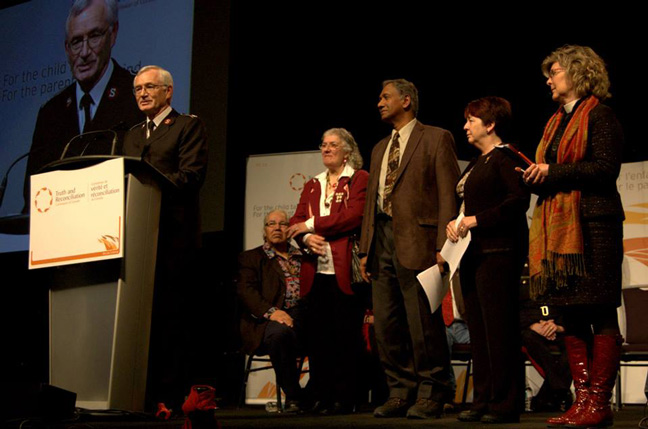
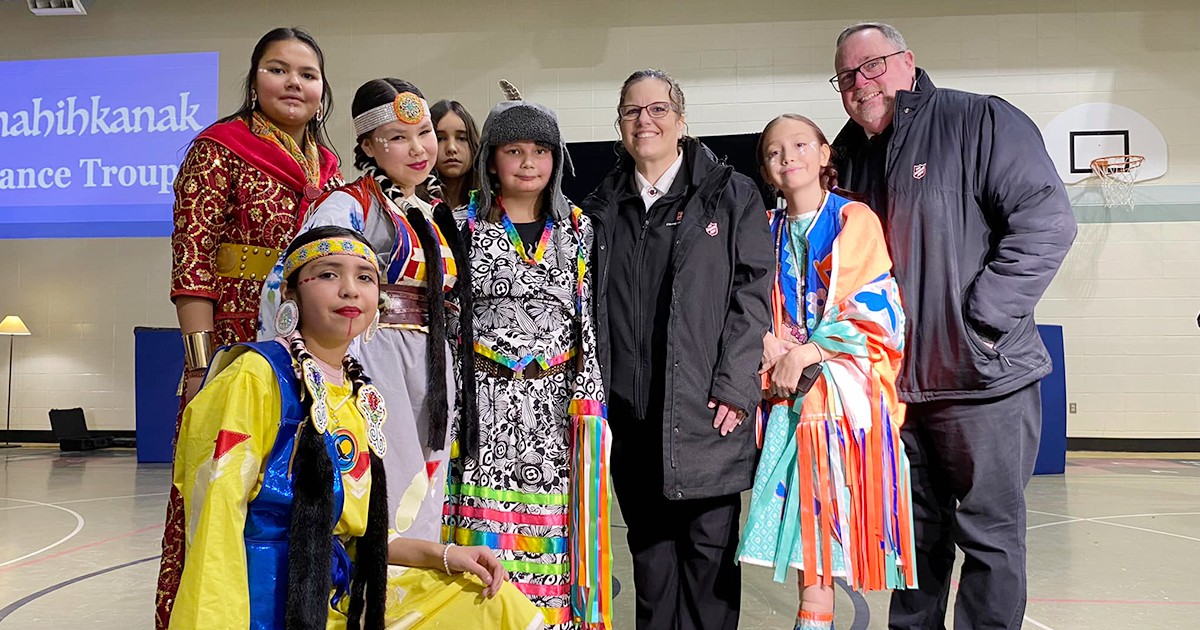
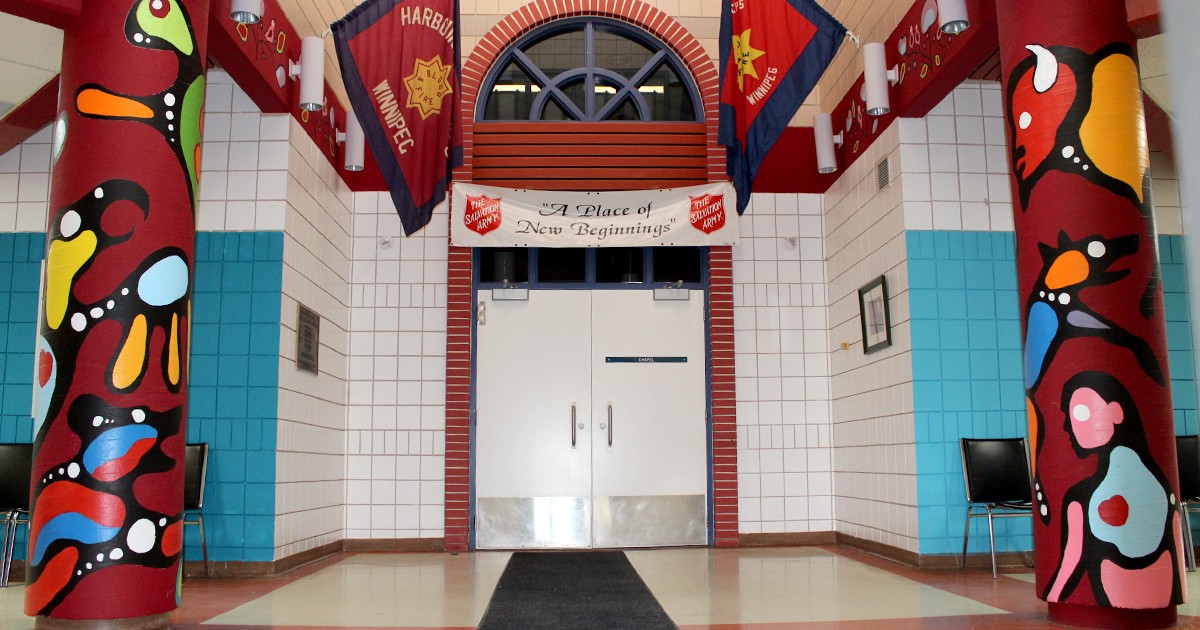
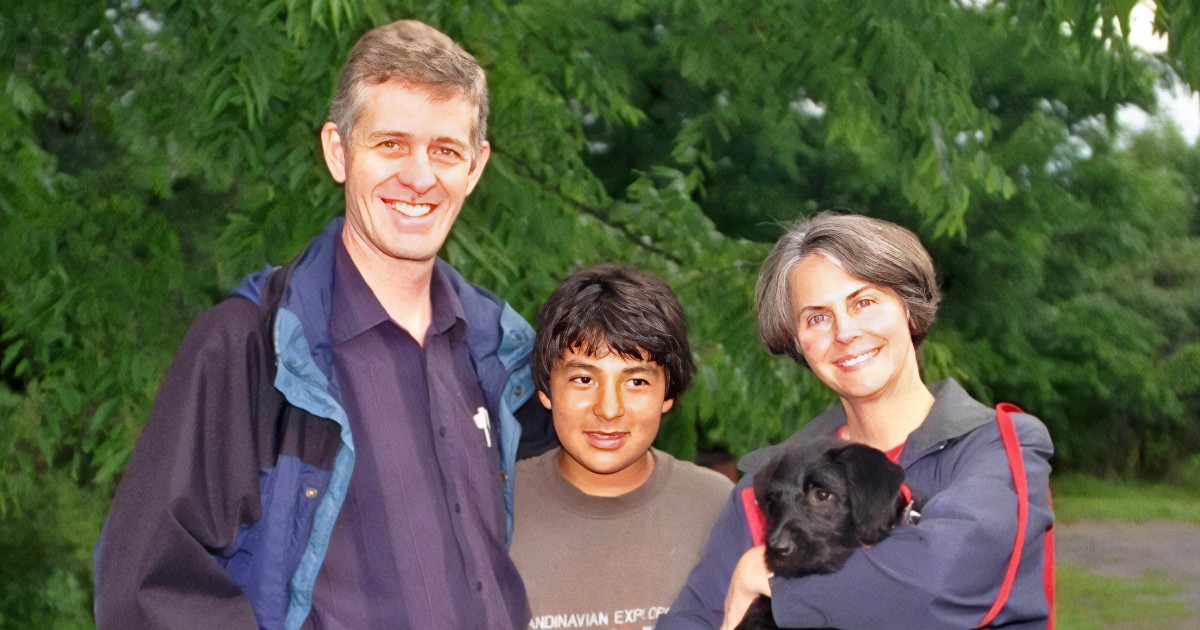


Leave a Comment